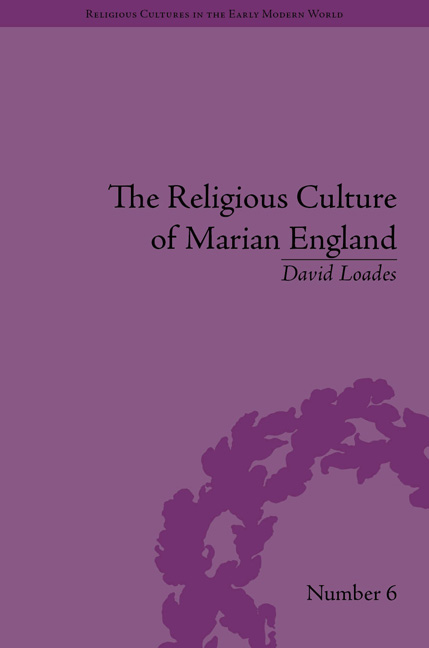Book contents
6 - The Training of Clergy
Summary
On the eve of the Reformation the secular clergy formed a numerous constituency – some 12,000–15,000 altogether – and varied enormously in their standards of education and competence. Bishops were supposed to, and very often did, exercise great care in choosing those upon whom they would confer orders, but patrons were also influential and sometimes put forward candidates who were ill suited. Occasionally these were scholars who had little vocation to the ministry, but often they were clients of a more obvious kind – even serving men. Many of these men would never serve a parish cure, but would work all their lives as cantarists or domestic chaplains. Episcopal oversight varied with the background and personalities of the bishops, and there was no standard test, or set of tests, designed to determine suitability. A priest needed to be basically literate; that is to be able to read and write in English, and to know enough Latin to be able to read the services with some show of comprehension. Two or three years in a grammar school would be sufficient to meet this requirement, but beyond that there was no recognized scheme of training. Many had served as altar boys, and knew what to do by virtue of imitation, and others worked out the apprenticeship of their sub-diaconate for two or three years learning the ropes in the same fashion before presenting themselves to the bishop for priestly orders. Sometimes their examination was rigorous, but often it was perfunctory enough.
It may be that standards had relaxed during the 1520s. Many years later William Allen, defending his decision to establish a seminary at Douai, wrote of ‘the common sort of curates … in old time, as you may better than I remember their want then in manner even of necessary knowledge’, particularly their lack of theological understanding, which had left them so vulnerable to the attacks of the reformers.
- Type
- Chapter
- Information
- The Religious Culture of Marian England , pp. 97 - 112Publisher: Pickering & ChattoFirst published in: 2014



